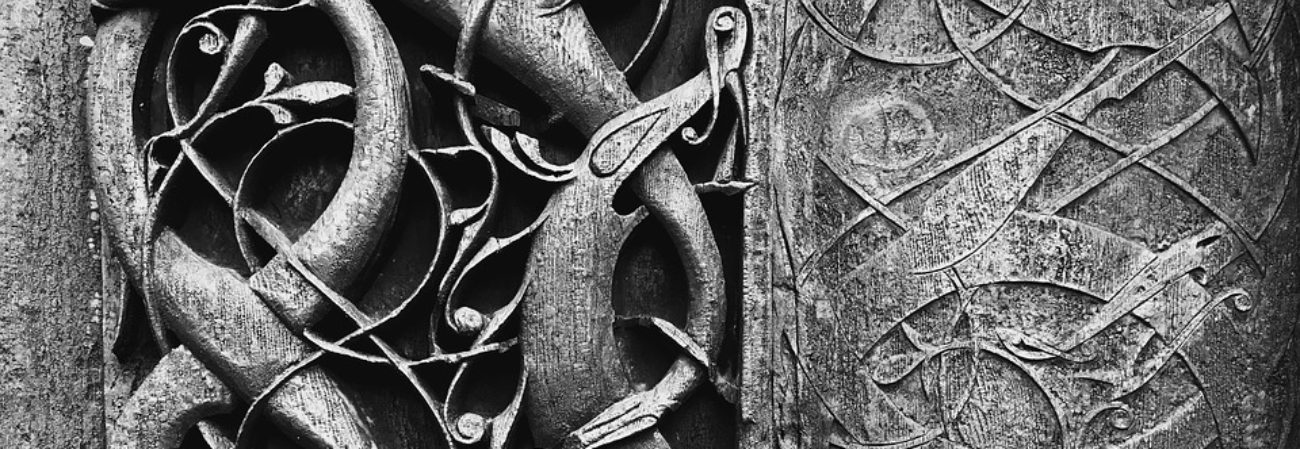
Image courtesy of Wikimedia Images
The plague arose in Babylonia,
when a pestilential vapor escaped from
a golden casket in the temple of Apollo.—JULIUS CAPITOLINUS
I have taken a hiatus from writing of late as I have turned my attention along with the rest of the world to the pandemic that spreads across our planet. Something like this has never been seen in our lifetime. Plague and quarantines, however, were well known to our ancestors. They came up and killed and then disappeared. Nature’s great leveler, a way perhaps of keeping the population in check. Shakespeare, Sir Isaac Newton and Marcus Aurelius all saw pandemics in their lifetime.
In my book, The Plague Casket, my fictional character Ahmed al_Zayeeb has a conversation with the historical boy caliph al-Hakim bi-Amr about the mysterious casket that carries something unknown within it. He makes a reference to the great plague of Justinian, with an additional veiled reference to the pillaging of the plague jars in Babylon that launched the Antonine Plague of 165-80.
“Ah, yes, but if men knew, their hearts would cry within them and they would curse their mothers for the day of their birth.”
Ahmed remained silent.
“The infidels are a foolish lot,” the boy continued. They give much power to a few men and call all things well. Who was that emperor so many hundreds of years ago, the one who took a whore as wife?”
“Justinian,” Ahmed replied wearily.
“Ah yes. I have heard it said that he desired to take the reins of his throne himself and do as his own heart dictated. The Brotherhood would have none of this and so threatened to release plague upon the people of Constantinople. Justinian laughed with scorn in their faces and mocked them, saying ‘Is there any one of you who can command God and the heavens and call upon plague as Moses did with the seven plagues of Egypt? And the men of Lampros conferred with one another and sought to bring wisdom to Justinian, the great whore monger who elevated a street courtesan to the role of empress. He had no wisdom in his heart.
But again, he would not listen to their entreaties. He continued to mock them. And so, they sent plague upon the people. For they have kept plague in reserve in such times as these, within the sacred halls of the temple of Apollo in Babylon and as far back as the time of Sumer.
The Bone Goddess by G.S. Brown
My plot regarding a secret society controlling political leaders behind the scenes and unleashing plagues upon the populace is fictional of course. However Adrienne Mayor, author of Greek Fire, Poison Arrows & Scorpion Bombs: Biological and Chemical Warfare in the Ancient World tells us that priests of Apollo kept “plague jars” hidden beneath their temples for use in times of crisis and it is one of these very plague jars that was reported to have unleashed the Great Plague of AD 165-80 when Roman soldiers broke open a golden chest in the temple of Apollo in Babylon. The circumstances suggest that the soldiers were “allowed” to pillage the temple and in so doing take the pestilence back home with them. This “golden chest” is the inspiration for my Plague Casket. Incidentally and not coincidentally, Apollo among other things, was a god of plague. Soldiers, of course, make very handy vehicles for pathogen spread and in no time, the disease (that some scholars suspect may have been smallpox) had ravaged the empire. Whether or not this was, as the Romans described pestilentia manu facta, it had lasting consequences around the world.
On his deathbed, the most famous victim of the Antonine Plague, Marcus Aurelius, a Stoic to the end, whispered, “Weep not for me; think rather of the pestilence and the deaths of so many others.”
